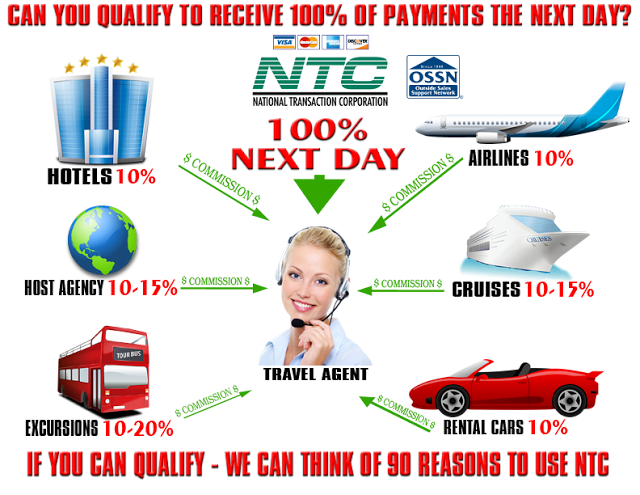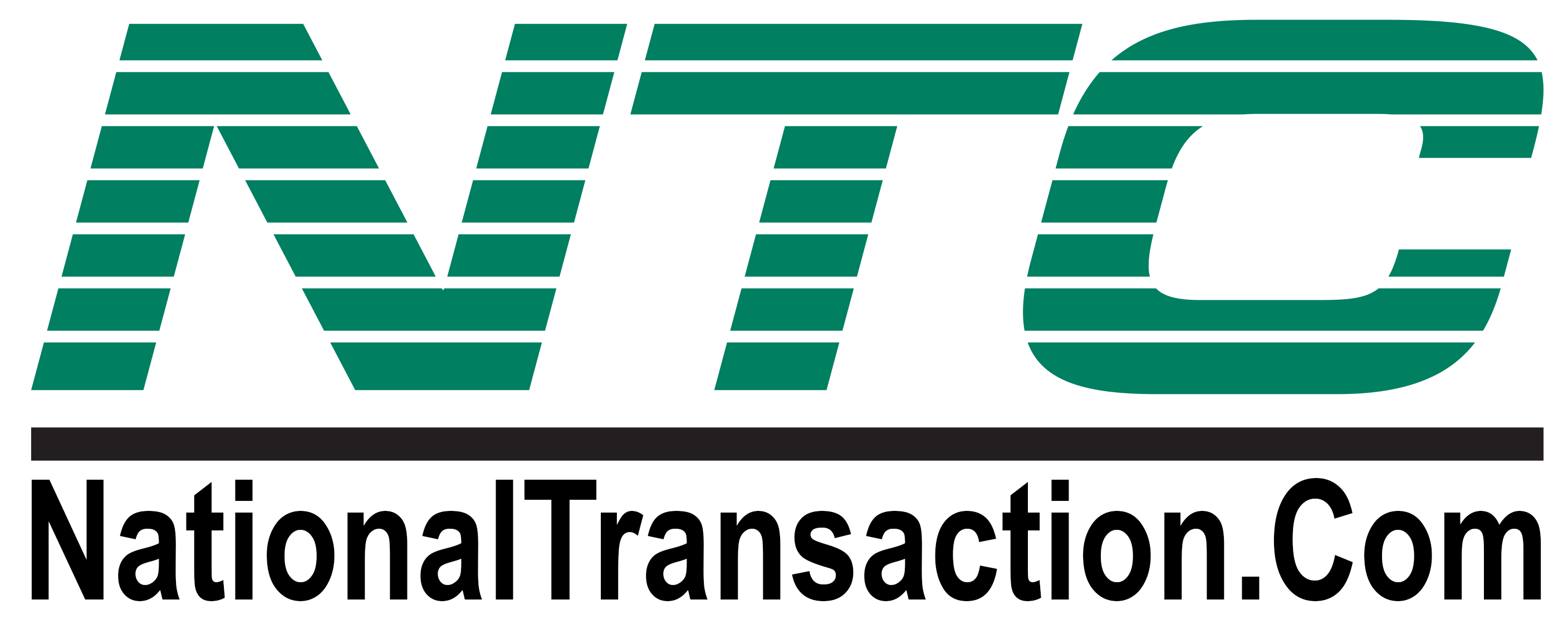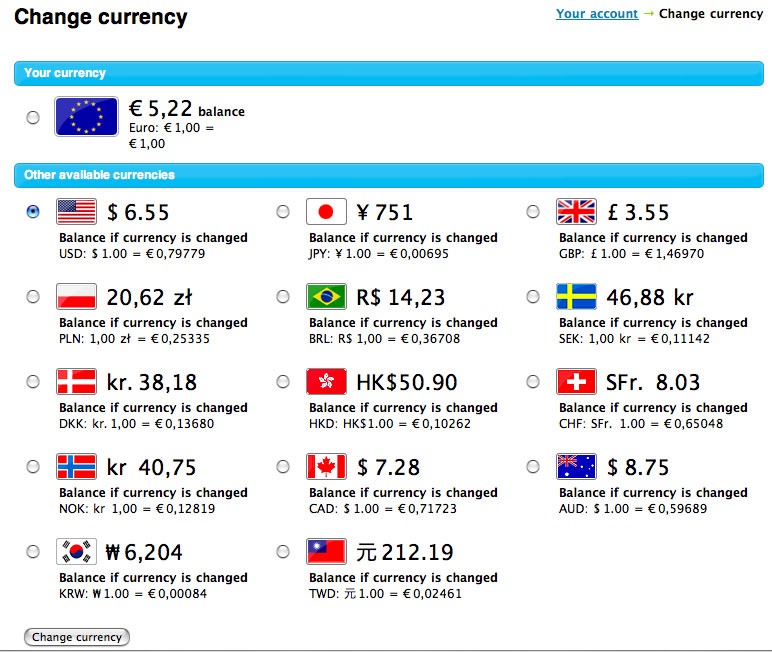
May 27th, 2016 by Elma Jane
Refunds – transfers funds from your merchant account to the customer’s account.
Refunds are always associated with a transaction that has settled.
A settled transaction – is funds that have already transferred from the customer to the merchant. You can only refund a transaction with a Settling or Settled status.
The refunded transaction goes through the typical settlement process. As the refund settles, the funds are sent back to the customer’s bank account. It is normal for your customer to experience a delay because the customer’s bank may take a couple of days to deposit these funds.
Voids – will cancel the transfer of funds from the customer to the merchant and can be issued if the transaction is either Submitted for Settlement or Authorized. The original authorization should disappear from the customer’s statement within 24 to 48 hours.
Posted in Best Practices for Merchants Tagged with: account, bank, customer, funds, merchant, merchant account, refunds, transaction

May 25th, 2016 by Elma Jane
Gaining new customers? Gift cards are a great way for your business!
The gift card is your first opportunity to make an impression. Displaying your gift cards at your checkout counter in front of your point of sale terminal is a good idea, even if the customer doesn’t buy a gift card that day, they know that they have the option in the future.
Offering a special discount for purchasing a gift card such as 10% off the next purchase or a $5 certificate. This will bring your customer back.
Having a stock of customized gift cards is a great way to show that your cards are for every occasion. (Birthday, Anniversary, Get Well Soon and Congratulations cards)
Posted in Best Practices for Merchants, Gift & Loyalty Card Processing Tagged with: customer, gift Card, point of sale, terminal

May 25th, 2016 by Elma Jane
No one likes waiting in a checkout line, the faster your checkout line moves, the faster you are able to turn more sales. Quick checkout lines lead to increased sales and higher customer satisfaction .
Cut your line and increase your sales by:
Upgrading your POS – if you haven’t upgraded your POS, do it now. Choosing a modern POS that is simple and easy to use like the iCT250, offers a smart, effective and highest security payment experience designed for merchants and easier for employees to understand.
Multiple Checkout – multiple checkout counters may be necessary depending on the size of your store. In a high volume situation such as the holiday season, more opportunities for checkout may be beneficial.
Accept A Variety of Payments – having alternative forms of payment by accepting credit, debit, EMV/NFC and mobile wallets, will open the door for a variety of customers, but also allow the customer to pay the way they want in a most convenient way.
Train Employees – most importantly, train your employees on how to use your new POS system. Employees need to be the expert on POS so that they are able to assist customers who may need help conducting their transaction.
Posted in Best Practices for Merchants Tagged with: credit, customer, debit, EMV, merchants, mobile, mobile wallets, nfc, payment, POS, sales, Security, transaction

May 24th, 2016 by Elma Jane
Top terms in your Merchant Statement:
Interchange – are the variable fees charged by the card payment networks for processing transaction. Credit card brands set these non-negotiable rates based on card type, business size, and industry.
Ancillary Fees – this include statement, batch and customer service fees, monthly minimums and more.
Authorizations – this section shows the charges per authorization that come from an interchange plus provider and is then split by card brand and transaction type. On your statement, you will see these charges as either AUTH or WAT charges.
Deposit Summary – following the summary is the deposit summary, where lists of your account activity broken down by day and card type.
Discount Rate – every transaction percentage that is deducted as a fee. Rates are categorized as qualified, mid-qualified and non-qualified.
Processing Services – this states your discount rate charges that you receive from your interchanges plus processor. This is divided by card brand and sales volume.
Summary – summary shows the processed sales by AMEX, Discover, JCB, MasterCard or Visa, as well as the total fees paid in order to process these sales. You can find this at the top of your statement.
Other items included in the summary:
Account adjustments, chargebacks, the breakdown of sales by card brand and number of refunds.
Understanding these terms on your statement will give you the confidence to read your merchant account statement with ease.
Posted in Best Practices for Merchants Tagged with: card, chargebacks, credit card, customer, fees, merchant, merchant account, payment, refunds, service, transaction

May 13th, 2016 by Elma Jane
Getting new clients are one of the most time-consuming and expensive parts of running a travel agency.
Here are some travel agency marketing tools that are cost-effective and time-saving to help you.
E-Marketing – email marketing is a key to connecting with your customer on an ongoing basis. You want to make sure you’re in touch since they could plan a trip on a moment’s notice.
Personalized Email Addresses – Gmail is one of the top lists of a free travel agency marketing tool. Gmail is easy-to-use and effectively manages your inbox with labels.
- Gmail is free as long as you have less than 10 email users and each user sends less than 500 emails per day.
- Use your personalized travel agency domain name email address instead of gmail.com.
- Promote your travel agency name using YourName@YourAgencyWebsite.com email address.
CRM Tool – a salesperson’s success usually can be traced back to an efficient sales process. The sales process is the method of sales person takes a perspective customer from lead to a sale.
- Online CRM (Customer Relationship Management) tool can help you manage that process and help you close that sale.
- CRMs are an investment and are an essential travel agency marketing tool.
Website Live Chat – free instant messenger client, a great travel agency marketing tool.
- Choose to interact with the visitor to answer their questions.
- Promote it as another channel existing clients can reach you.
- There’s also a free iPhone app, so you can interact with clients on the go. All for free!
Posted in Best Practices for Merchants, Travel Agency Agents Tagged with: crm, customer, travel, travel agency

May 10th, 2016 by Elma Jane
What is (AML) Anti-Money Laundering?
Anti-money laundering (AML) is a set of regulations designed to stop the practice of generating income through illegal actions.
AML regulations place an obligation on financial institutions such as NTC to maintain accurate customer records to ensure they know who their merchants are and the nature of their business and that these institutions are not aiding in money-laundering activities.
Anti-Money Laundering (AML) Break Down:
AML laws and regulations target activities that include
- Corruption of public funds and evasion of tax, as well as all activities that aim to conceal these deeds
- Market manipulation
- The trade of illegal goods
Financial institutions are expected to comply with Anti-Money Laundering laws and make sure that clients are aware of these laws.
Posted in Best Practices for Merchants, Travel Agency Agents Tagged with: customer, financial institutions, funds, merchants

May 9th, 2016 by Elma Jane
Preventing double refunds depend on the timing of the chargeback. It is a bit challenging, the key lies in attention to detail.
A chargeback may already exist for the transaction when a customer say they just spoke to their bank. Merchants must pay attention to this big clue.
There are different time limits for resolving disputes before they become actual chargebacks, depending on the issuing bank.
- If customers indicate they did contact their bank, merchants need to call the issuing bank to determine if a case number has been assigned to the transaction dispute.
- If there is a case number that has been assigned, the merchant can disregard the refund request.
If a case number has not been assigned, merchants need to inform the bank that a refund has been initiated and a chargeback is not necessary.
Preventing Double Refunds Before Chargebacks are Filed
Provide prompt refunds to customers when they are warranted.
- Estimate when the funds will be available.
- Let customers know that a refund has been issued.
- Take care to ensure the credit isn’t process as a debit.
Posted in Best Practices for Merchants, Travel Agency Agents Tagged with: bank, chargeback, credit, customer, debit, merchants, refunds, transaction

May 9th, 2016 by Elma Jane
Double refunds are when a customer is provided with two refunds for the same transaction. Chargebacks can be involved in a double refund.
Double Refunds Happen When:
Chargebacks are filed after a refund is issued. The consumer contacts the merchant and requests a refund, but the funds aren’t returned immediately. The consumer thinks the request for the refund was ignored and files a chargeback. Then both the chargeback and the refund are being processed.
Chargebacks are filed before a refund is issued. The consumer calls the bank and initiates a chargeback. Then, the consumer calls the merchant and expresses dissatisfaction. To try to avoid a chargeback, the merchant provides a refund. However, the merchant has no idea of the fact that a chargeback has already been filed because the consumer calls the bank first
Even thou a merchant provided a refund with a customer that doesn’t guarantee that a chargeback won’t be initiated. Same thing with chargeback that has been filed doesn’t guarantee that customer won’t contact the merchant and demand a refund as well.
Just because a merchant provided a customer with a refund that doesn’t guarantee that a chargeback won’t be initiated. Same thing with chargeback that has been filed doesn’t guarantee that customer won’t contact the merchant and demand a refund as well.
It is possible for the customer to receive a double refund for the one purchase transaction.
Posted in Best Practices for Merchants, Travel Agency Agents Tagged with: bank, chargebacks, consumer, customer, merchant, refunds, transaction

April 28th, 2016 by Elma Jane
You may now give your customers the option to pay with PayPal in person. There is nothing you or they need to do – merchant card processing accounts with NTC have been automatically updated to accept PayPal in-person payments in addition to the other payment options currently offered.
How PayPal transactions work
When businesses accept a PayPal in-person payment, it could be processed in a number of ways. This will be reflected on the monthly processing statement and customer receipts, and the businesses you serve will receive the same pricing they currently do for payments over these networks:
- PayPal mobile payments will be processed as Discover transactions and are subject to Discover operating regulations.
- PayPal-branded card payments will be processed over the payment network designated on the card and are subject to operating regulations designated by the network on the card.
Posted in Best Practices for Merchants, Credit card Processing Tagged with: card, card payments, card processing, customer, merchant, Mobile Payments, payment network, payments, transactions

April 15th, 2016 by Elma Jane
Dynamic Currency Conversion
- Five supported currencies
- Retail, Restaurant, MOTO, E-commerce
- Price listed in merchant’s currency
- Customer is aware of currency conversion
- Customer may opt-out at the point of sale
- Conversion occurs at the point of sale
- Merchants may choose settlement method & time
- Supported by terminals, viaWarp and Virtual Merchant
- Merchant rebate up to 100bp
Multi-Currency Conversion
- 100+ supported currencies
- E-commerce only
- Price listed in customer’s currency
- Customer is not aware of currency conversion
- Customer may not opt-out at the point of sale
- Conversion occurs between the point of sale and settlement
- All transactions auto settle at 6pm (eastern) daily
- Supported by Internet Secure or direct certification
- No merchant rebate
Posted in Best Practices for Merchants, e-commerce & m-commerce, Mail Order Telephone Order, Merchant Account Services News Articles, Travel Agency Agents Tagged with: currency, Currency Conversion, customer, e-commerce, merchants, moto, point of sale, terminals, virtual merchant







